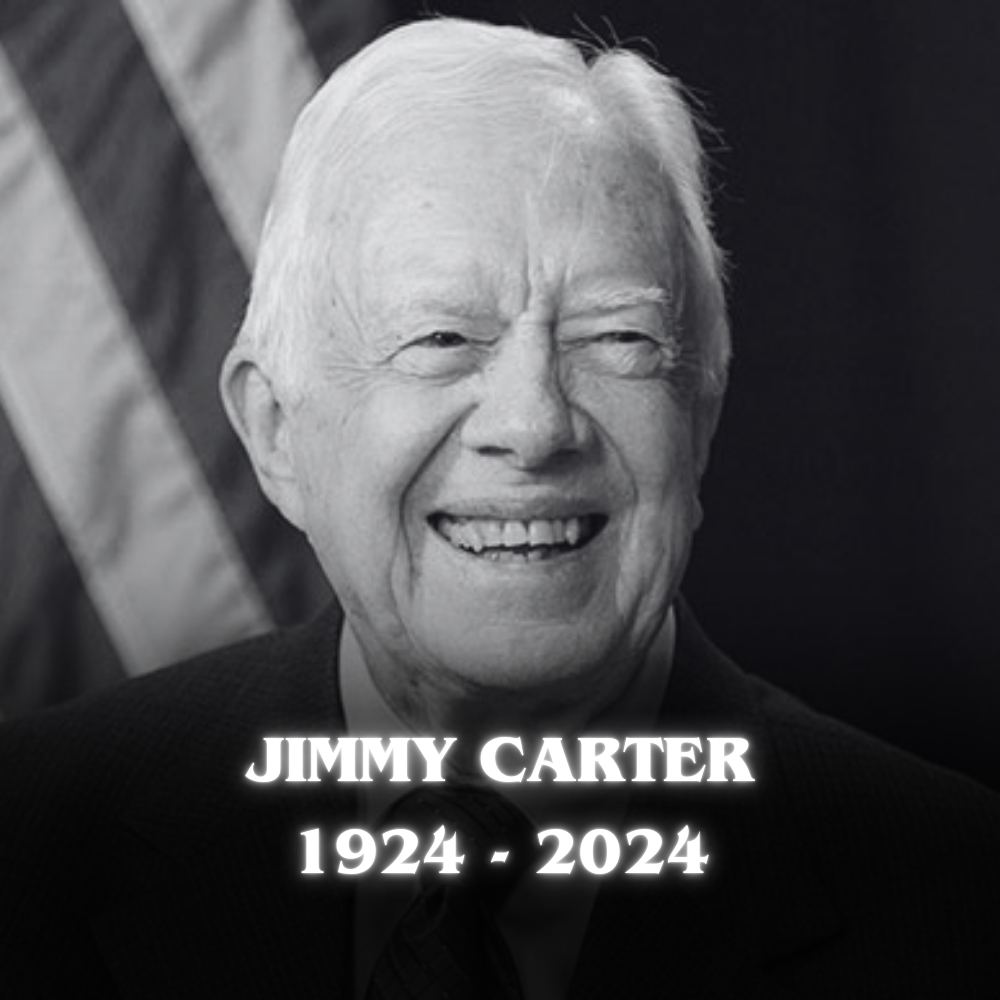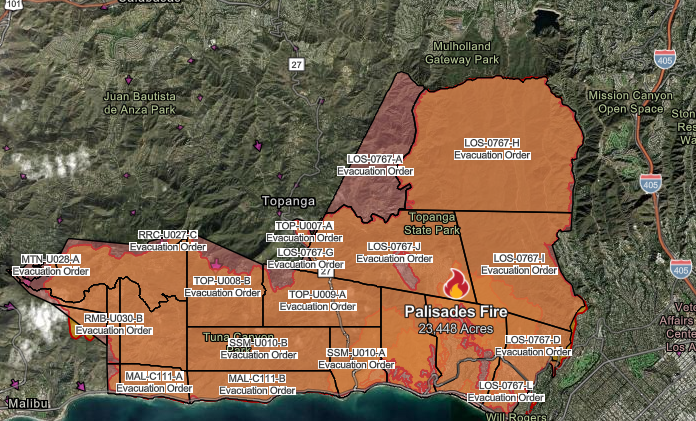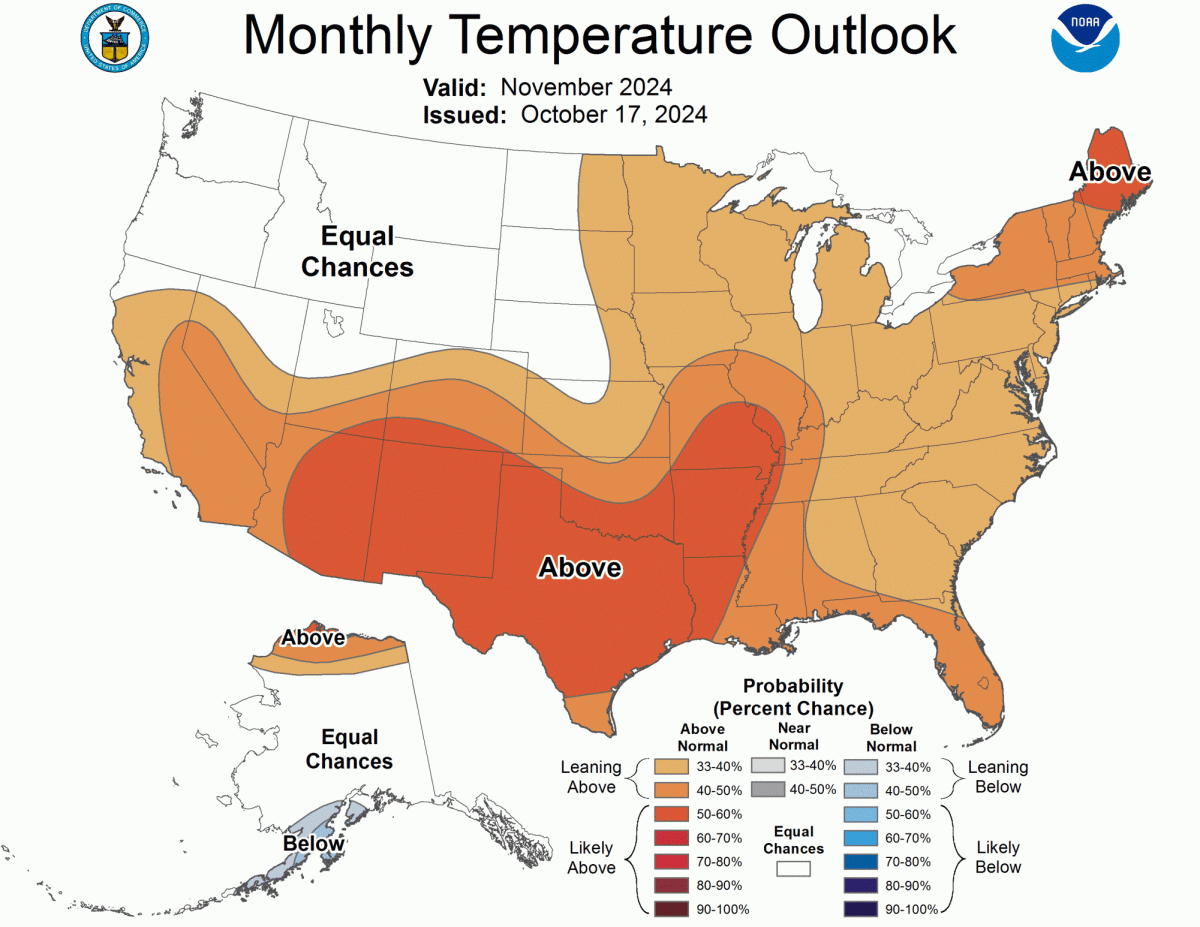On December 29, 2024, the world bid farewell to Jimmy Carter, the 39th President of the United States, a man whose life was defined by service, humility, and an unwavering commitment to the greater good. Born in Plains, Georgia, Carter rose from humble beginnings as a peanut farmer to the highest office in the land, leaving an indelible mark on American history and global affairs.
Before He Became President
Jimmy Carter’s journey to the presidency was shaped by his diverse experiences and deep connection to his roots. As a young man, he served as a lieutenant in the U.S. Navy, contributing to the development of nuclear submarines, a testament to his technical acumen and dedication to national security. However, his heart ultimately led him back to Georgia, where he managed the family peanut farm and immersed himself in local community affairs.
Carter’s political career began in earnest when he became the governor of Georgia in 1971. As governor, he championed civil rights and government reform, setting the stage for his national leadership. His emphasis on transparency, integrity, and social justice resonated with Americans yearning for trust in their leaders, propelling him to the presidency in 1976.
Key Achievements During His Presidency
Jimmy Carter’s presidency, spanning from 1977 to 1981, was marked by both monumental achievements and significant challenges. Despite serving only one term, his leadership reflected a deep commitment to human rights, peace, and innovation.
- Camp David Accords (1978): Perhaps Carter’s most celebrated achievement, the Camp David Accords brought Egypt and Israel together to negotiate a historic peace treaty. This groundbreaking agreement not only stabilized relations in the Middle East but also showcased Carter’s exceptional diplomatic skills. His efforts earned him the Nobel Peace Prize in 2002, cementing his legacy as a peacemaker.
- Iran Hostage Crisis (1979–1981): The Iran Hostage Crisis was a defining moment of Carter’s presidency. Despite his relentless diplomatic efforts to secure the release of 52 American hostages held for 444 days, the crisis only ended after he left office. Though this mishap overshadowed most of his accomplishments during his presidency, it highlighted his resolve and compassion during a profoundly challenging time.
- Energy Crisis and Conservation Policies: Carter recognized the urgent need for energy reform, thus creating the Department of Energy in 1977. He championed renewable energy and conservation, even installing solar panels in the White House—a visionary move ahead of its time. His policies laid the groundwork for future energy independence and environmental stewardship.
- Panama Canal Treaties (1977): Carter’s decision to transfer control of the Panama Canal to Panama was a bold and controversial move. Yet, it demonstrated his commitment to fostering goodwill and fairness in U.S. foreign policy. This shift marked a significant milestone in relations with Latin America.
- Creation of the Department of Education (1979): Under Carter’s leadership, education gained unprecedented federal attention with the establishment of the Department of Education. This initiative underscored his belief in education’s transformative power and commitment to ensuring equal opportunities for all Americans.
A Legacy Beyond the Presidency
Although Carter lost reelection in 1980 to Ronald Reagan, his post-presidential years revealed the true depth of his character. He devoted his life to humanitarian efforts, founding the Carter Center in 1982 to promote peace, health, and democracy worldwide. From eradicating diseases to monitoring elections, Carter’s work continued to change lives long after he left the Oval Office.
An advocate for affordable housing, Carter famously partnered with Habitat for Humanity, personally participating in building homes for those in need well into his 90s. His literary contributions were equally impressive, with over 30 books ranging from memoirs to poetry, reflecting his introspective and compassionate nature.
Best Remembered For
Jimmy Carter will be remembered as a president who prioritized human rights, environmental conservation, and global peace. His humility, faith, and unrelenting commitment to service made him a beloved figure at home and abroad. Whether negotiating peace treaties or hammering nails at a Habitat for Humanity site, Carter exemplified servant leadership in its purest form.
Fun Fact
Carter holds the distinction of being the most prolific presidential author, having written over 30 books. His works offer profound insights into his life, beliefs, and vision for a better world.
A Farewell to a Humble Giant
Jimmy Carter’s passing marks the end of an extraordinary era. His legacy serves as a beacon of hope and inspiration, reminding us that leadership rooted in compassion and integrity can change the world. As we reflect on his life, we celebrate a man who lived not for accolades but for the betterment of humanity. Rest in peace, Mr. President. Your light will continue to guide us.







